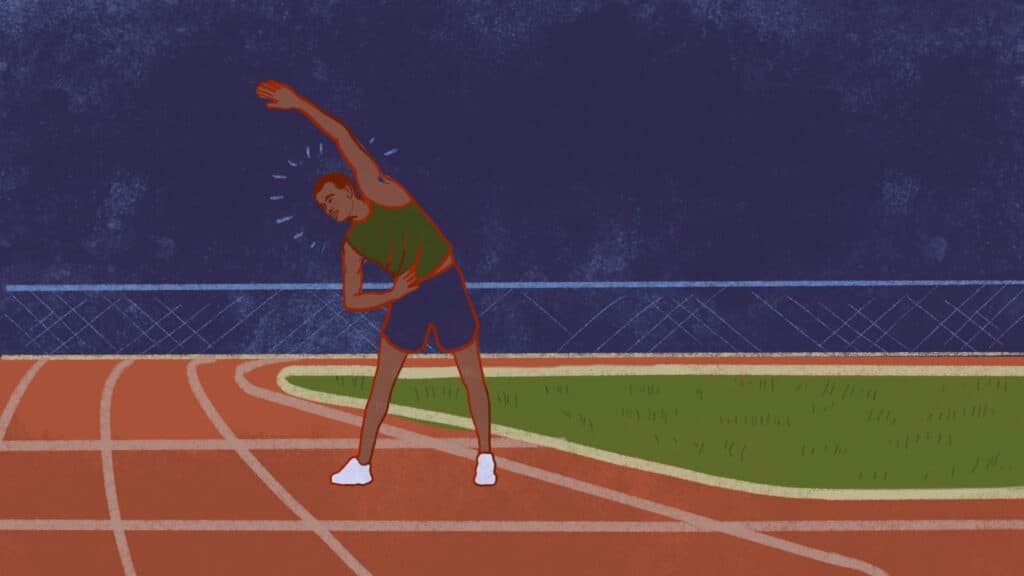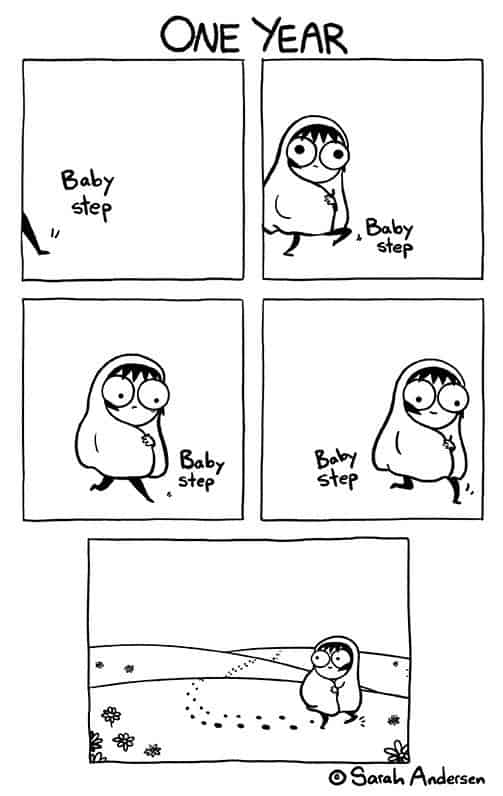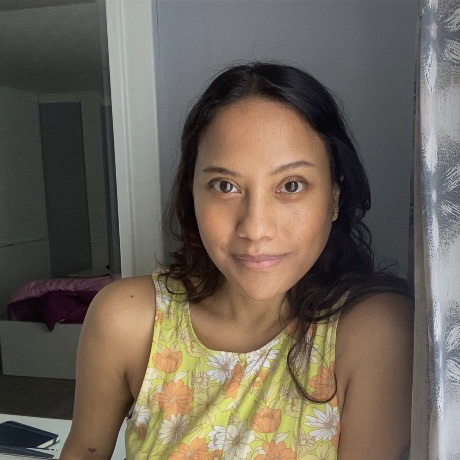Flexibility is Key
Cultivating Multiple Revenue Streams

If we've learned one thing (hopefully more than one thing) in 2020, it's that having a single source of income is not enough. It's not just that it's insecure: 40% of Americans are one missed paycheck away from poverty — "somewhere between 50 percent and 78 percent of employees earn just enough money to pay their bills each month." That's why we're starting a second career.
So when many, many people found themselves out of a job once COVID-19 took ahold of the country, we wondered: why were we living this way? It suddenly seemed stupefyingly, undeniably silly that we should all be:
- Relying on one entity (company or person) for our very survival.
- Spending the majority of our daily lives doing stuff that we really, really didn't care about.
- Trading our time for money — a direct transaction with limited return value. In other words, time is money. But since time is limited, earning potential is limited.
- Basically: We were wasting our lives depending on one source for money, doing stuff we didn't want to do.
When you have only one income source, you are in a dreadfully insecure position.
I know I'm not saying anything new here: obviously. But now that we're here, what do we do about it? It's easy to say "Just be less poor!" But how do we get to be less poor? Isn't that the million-dollar question? Aren't you supposed to work your whole life, and then enjoy your retirement? Isn't that the point? That's the reward, right?
I just don't think that line of thinking applies anymore. When the world can go belly-up at any time, why not start enjoying your life now? Isn't that what old people are always trying to tell us? You will regret not doing things more than you will regret doing them.

Let's enjoy our lives now.
I'm in my thirties, and like many of you Millennials, I've had a couple of careers. In my twenties, I was a waitress. Then I worked in IT. Now, having lost my job at the beginning of the pandemic, I've been researching what it really takes to be a freelancer, and thus, in charge of my own life. You'll need to be able to answer these questions as you build your road map:
- How will you weather the ups and downs of inconsistent income?
- What are all of your potential sources of income?
- What if one source of income falls through? Can your other sources make up the difference?
The key, in my opinion, is flexibility. I grew up in Los Angeles! I've lived through multiple earthquakes. Ideally, the foundation you're building is strong enough to withstand even the most devastating and determined of shakes, but the end game is being able to move with the force. If one income source falls through, you know that you have others to fall back on.

Passive Income
In Tim Ferriss's 4-Hour Work Week, he describes building a business of (largely) passive income, buttressed by outsourced assistants, scheduled maintenance windows, and email responders. (Among lots of other things — I'll be completing a book report soon!) While there are still really useful lessons to learn from this book, it was published in 2007 — the same year the iPhone debuted. The world has changed significantly!
However, the core idea is worth mentioning. What's your freelance profession? What thing can you do that will generate recurring income? But also, what's a thing that you can do that may not be creative or sexy or fantastic, but does make money?
- Investing in stocks
- Bitcoin
- Affiliate marketing
- Information products (workshops, pre-recorded classes, ebooks)
- Digital products, such as worksheets, travel guides, stock photography, stock illustrations, meal plans etc
- Anything subscription-based (paid newsletters are a great example)
- Patreon
- Starting a blog (ta-dah!)
- and more!
The ultimate goal with passive income is that it requires minimal time spent doing upkeep. It's easy to get bogged down by details, but remember that if you're spending too much time keeping it going, it might not be as "passive" as you think it is. You should always be asking yourself, is this worth my time?
That said, setting up passive income will require a significant time investment.
Here's mine. What's yours?

Hi! I'm Piya. I'm a freelance creative starting a new career, and I want to help you start yours, too.